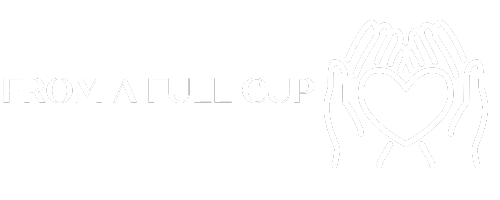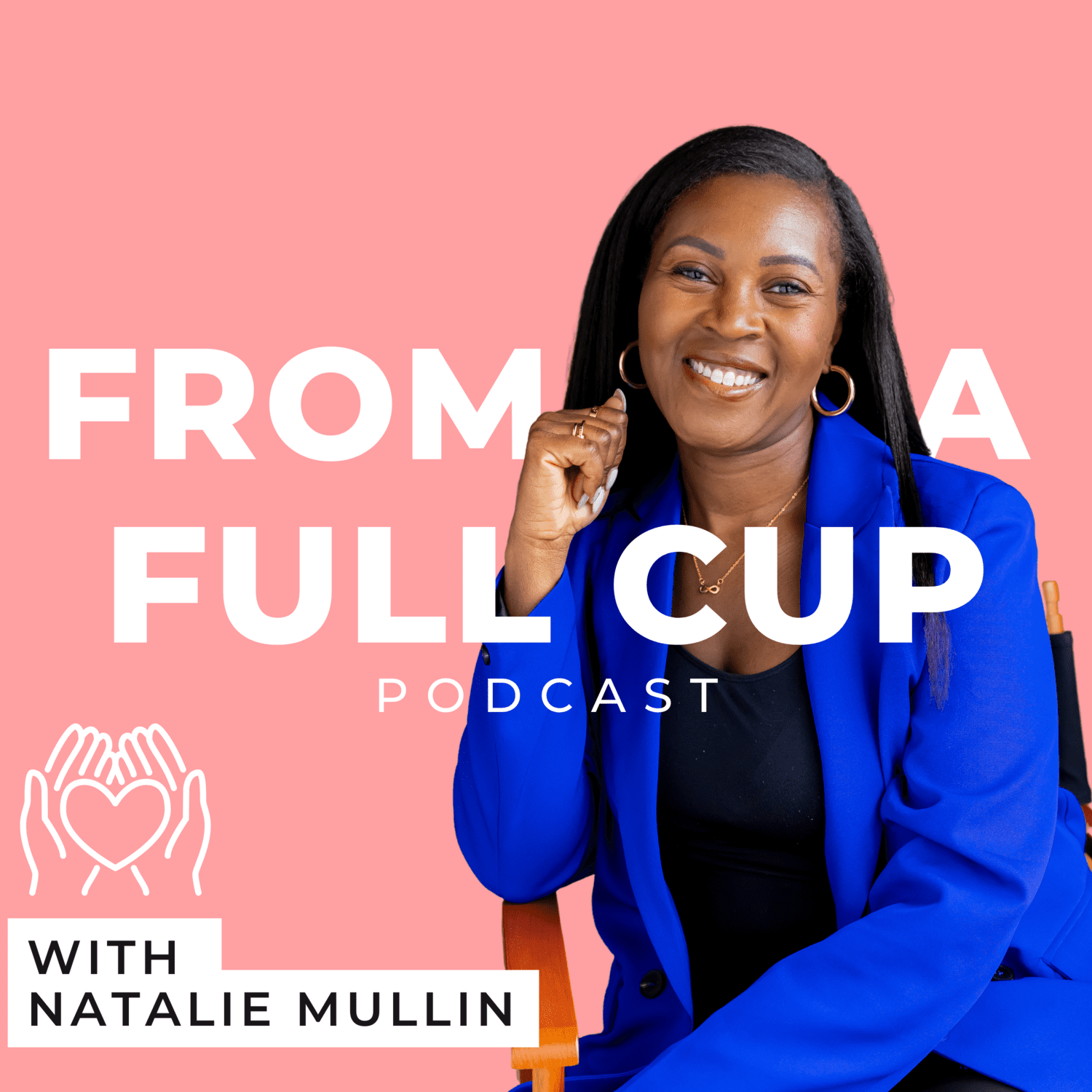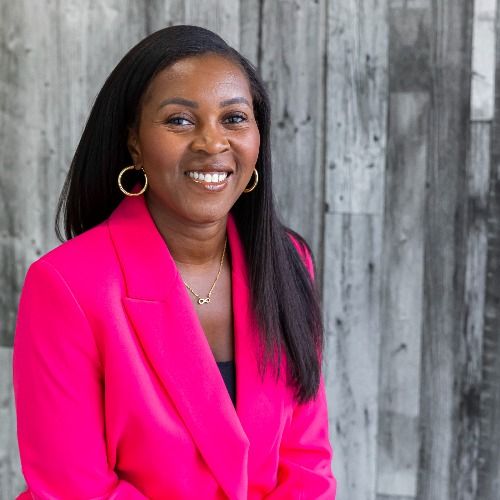#60 Off the Cuff: Capacity in Friendships
Unscripted, unedited thoughts on my mind + nuggets of wisdom. Warning: rants and rambles are possible. They drop every Monday. For structured episodes, tune in on Thursdays.
Links:
This podcast is hosted by Captivate, try it yourself for free.
Disclaimer:
This podcast includes affiliate links that, when clicked and purchased, may generate revenue for me and the podcast. I only recommend things I truly love and stand behind.
Get in touch:
Speaker Bookings + Coaching:
From a Full Cup is a mental wellness education podcast that teaches women to prioritize their wellness and put themselves first, because you can’t pour from an empty cup.
I'm your host Natalie Mullin , Certified Wellness Educator, Speaker, Facilitator and Teacher. Every Thursday I release a new episode, teaching women how to dream big, take action and move the needle forward in life.
Past episodes
Subscribe to the podcast
Copyright 2025 Natalie Mullin
Transcript
[00:00:31] Natalie: I really think it's important to consider the capacity of the friendship on both sides and consider the alignment because a lot of times there's a mismatch in capacity and alignment on one of the ends. And so even though the friendship might feel good and even though you might enjoy like being friends with that person, there can be challenges if you have capacity and alignment issues.
[:[00:01:19] Natalie: And like, you know, maybe once a month we have a little quick text message exchange or voice note. And we're good. And you know, sometimes it's gonna depend on the friend what that friendship is gonna look like. But the reason why I bring this up is because When the enjoyment of the friendship by, let's say, friend A is different from the enjoyment of the friendship from friend B, and one person feels like they get more value out of it, or one person feels like they give more to the friendship than the other, that causes problems in friendships.
[:[00:02:17] Natalie: Like I remember having certain friendships Especially when I was younger where I would always be like I can think of these people by name I would always be the person to reach out every single time and it kind of annoyed me But the reason why I kept those friends is because once I did reach out they poured back in With so much value and they were fully present for me.
[:[00:02:56] Natalie: So it's like, okay, that's cool so Back to capacity though, like if you want to talk to a friend a couple days a week and they want to talk to you Once a quarter, that's a mismatch, right? Like you're not in alignment And you know, if you're in a romantic relationship, you tend to have those conversations, right?
[:[00:03:52] Natalie: I have a friend a really good friend of mine friends for years and like I don't think we ever go more than two Months without touching base But like we don't often touch base more than that because it would be too much for them, right? Like it would just be overwhelmed. I am a what I'm well aware of that friend's capacity and that friend does not have The capacity nor the desire quite frankly to check in that frequently, but um, you know a text message here They're fine.
[:[00:04:52] Natalie: And so then what happens is you end up having this friendship void because That friend is not able to meet the gap that you have in the first place. You know what I mean? And so, and the other person, they weren't really just looking for a friend. They were looking for someone who was going to be more available to them to help fill.
[:[00:05:31] Natalie: So let me stay to the the fact I really I think I'm gonna do like a more full fledged episode when I come back for my second season in 2024 because I think it's really worth talking about. Friendships, conversations, capacity, alignment, honesty, open communication, all of that jazz. Anyways, that's all I got.
[:


